In this episode, Robert Sapolsky, Ph.D., discusses the widespread impact of stress on our physical and emotional health as well as the mechanisms by which it can precipitate chronic illness, dementia, depression, and more. He also provides insight into the factors that contribute to the stress response (and our ability to handle it) such as social rank, personality, environment, and genetics. Lastly, we discuss how our behavior is altered in the face of stress and how that not only has a pervasive effect on a personal level, but also on society as a whole in how we interact with each other.
Subscribe on: APPLE PODCASTS | RSS | GOOGLE | OVERCAST | STITCHER
We discuss:
- Background, interest in stress, and Robert’s time in Kenya studying baboons [7:00];
- Physiology of a stress response, and why it’s ingrained in our DNA [14:00];
- Individual variation in the response to stress, and how everyone has a different optimal level [24:00];
- How social rank and personality differences affect our stress response [30:15];
- What’s happening in the brain when faced with stressful situations? [39:15];
- What makes the human brain different than all other species? [48:15];
- Imprinting stress to your kids epigenetically [52:00];
- The role of stress on memory and the consequences of hypercortisolemia [57:15];
- The impact of subjective socioeconomic status and social media on stress levels and health [1:01:45];
- Tips for managing stress in the modern world [1:17:45];
- What Robert learned about himself studying the social behavior of baboons [1:29:30];
- The multilayered factors behind every human behavior, the context of “good and bad”, and exploring the human capacity of the wild extremes of violence and altruism from moment to moment [1:34:30];
- PMS: How two women with identical hormone levels can have completely different emotional experiences [1:39:00];
- How much of a role do genes play in depression and other emotional states? [1:42:45];
- Why is cortisol elevated under sleep deprivation? [1:50:15];
- The impact of stress on cancer [1:54:30];
- The impact of stress on atherosclerosis, dementia, addiction, and depression [2:01:15];
- Impulsiveness, impaired judgement, and lack of empathy in times of stress [2:05:45];
- What advice would Robert give his 25-year-old self? [2:12:45]; and
- More.
Background, interest in stress, and his time in Kenya studying baboons [7:00]
“I actually don’t think stress kills you outright very often, but it sure makes other things that kill you more effective at doing it.”
Time in Kenya
- Knew he wanted to be a primatologist since he was 8 years old
- For last 30 years spent summers studying the population of wild baboons in the National Park in East Africa (specifically one troop in the Serengeti in Southwest Kenya)
- He’s been trying to answer questions like:
- What does your social rank have to do with patterns of stress-related disease?
- What about personality?
- What does patterns of social affiliation have on stress?
- Robert calls it a “counterbalance to the lab” where he spends the rest of his time studying the effects of cortisol on the brain (among other things)
Figure 1. Robert with a baboon from the troop he studied for decades. Image credit: stanford.edu
Credentials
- Rockefeller University for PhD
- Postdoc at Salk Institute in San Diego
- Been working at Stanford for 31 years
- Wrote Why Zebras Don’t Get Ulcers in 1994
Physiology of a stress response, and why it’s ingrained in our DNA [14:00]
Stress causes changes in hormones in our body, the 2 most importantly include:
{end of show notes preview}
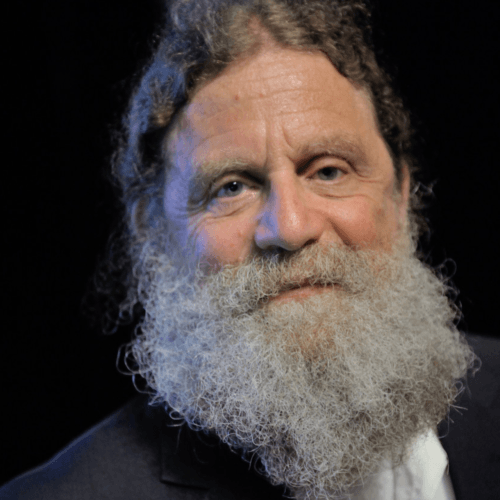
Robert Sapolsky Ph.D.
Robert Sapolsky is an American neuroendocrinologist and author. He is currently a professor of biology, and professor of neurology and neurological sciences at Stanford University. In addition, he is a research associate at the Institute of Primate Research operated by the National Museums of Kenya in Nairobi. For the last 30 years, Sapolsky has spent summers in Kenya studying a population of wild baboons in order to identify the sources of stress in their environment, and the relationship between personality and patterns of stress-related disease in these animals.
Sapolsky has received numerous honors and awards for his work, including the prestigious MacArthur Fellowship Genius Grant in 1987.
He has also written several acclaimed books, some of which include Why Zebras Don’t Get Ulcers in 1994, and more recently, Behave: The Biology of Humans at Our Best and Worst in 2017.
In 1978, Sapolsky received his B.A. in biological anthropology summa cum laude from Harvard University. Later he received his Ph.D. in neuroendocrinology at Rockefeller University working in the lab of endocrinologist Bruce McEwen. [wikipedia.org]

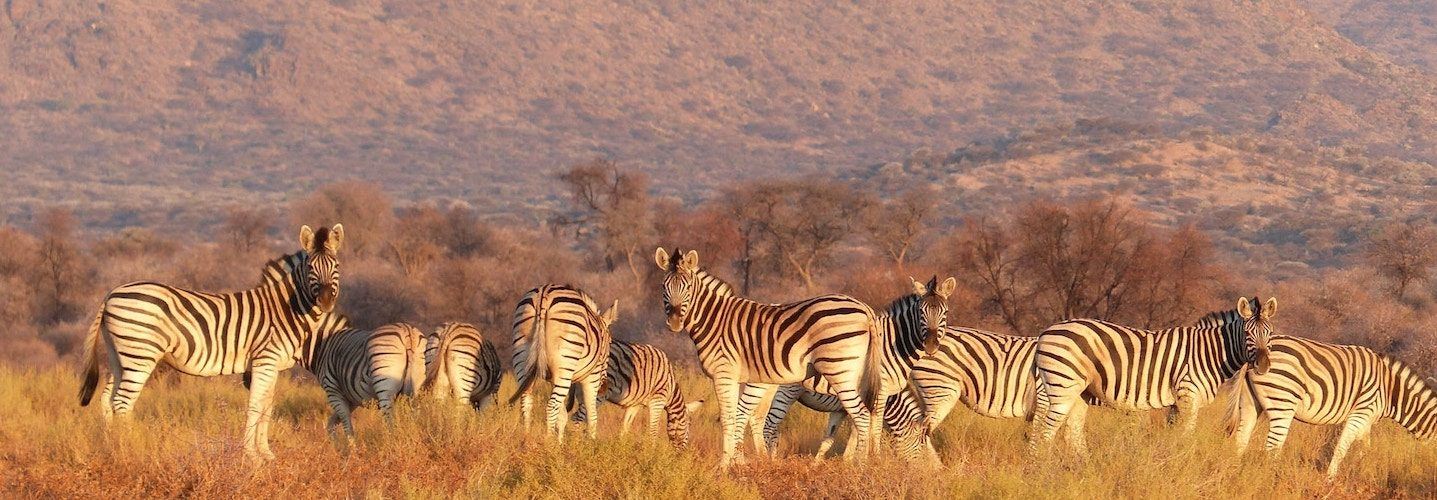
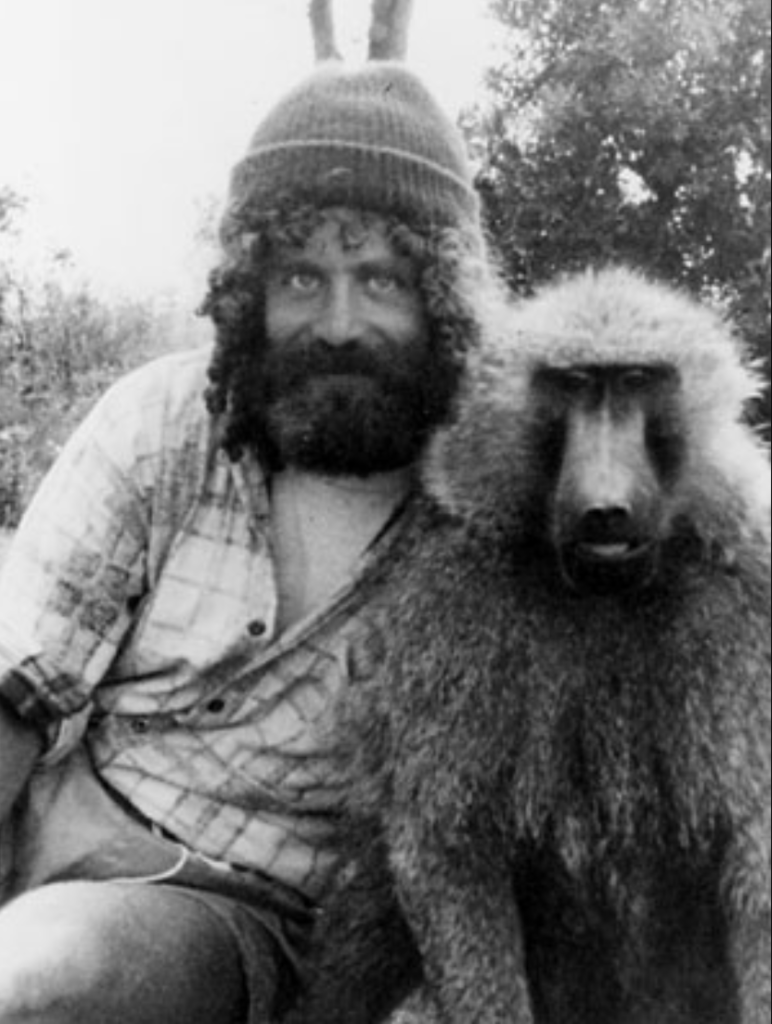
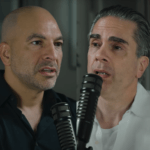
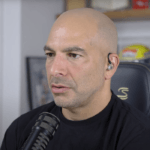
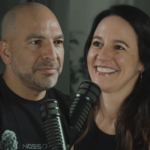

I remember hearing from Bruce Lipton about the biology of belief and epigenetics 10 years ago and I have thought that there must be many things that may have an impact on our genetic expression and expression on future offspring. What I don’t understand is how you feel like vaccines have zero impact on epigenetic expression. Every screaming fit the child has while parent hold them down must stimulate glucocorticoid production. Not to mention the bolus of chemical in the system. If it can cause a fever, surely it could cause a prolonged stress response. Maybe the third world kids for of measles because their nutrition is trash and they drink the same water they defecate in which is why American children get over it. You have a few contradictions to work through.
I agree that the body must have a stress response to chemicals. I recently had a root canal. I am fine with dentists and fine with needles. However, what I had not anticipated was seconds after he administered the first shot of anaesthetic my heart rate rocketed. That had never happened to me before. However, what was different this time was that I had been on a Ketogenic (metabolic typing) diet for 2 months and I believe this had made my body more in tune with itself and as a result more sensitive to chemicals. A child’s system is also, usually, in tune with itself, not having been subjected to years of processed food (yet!) and so, it too, I believe, could have a strong stress response on the receipt of a foreign chemical introduction.